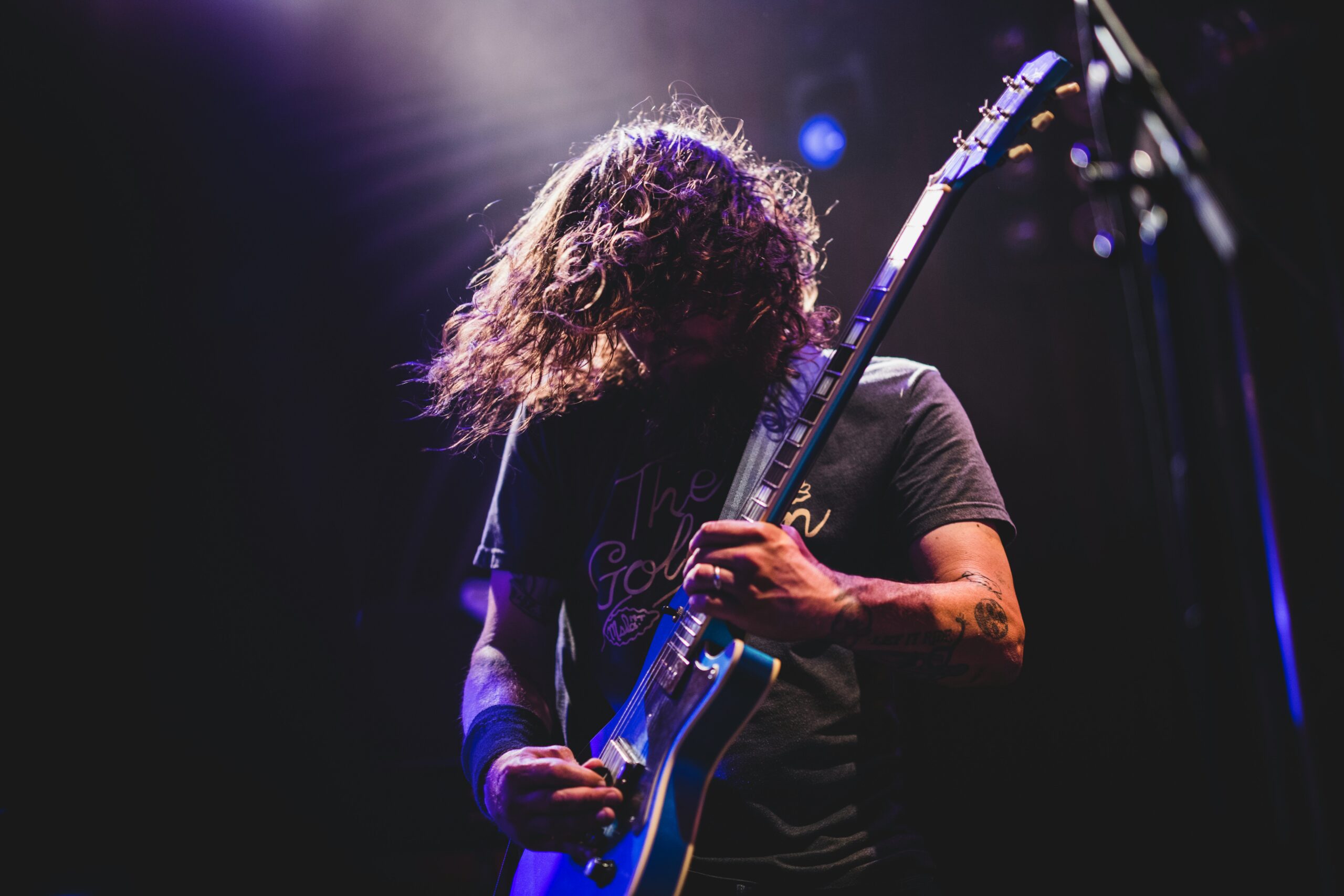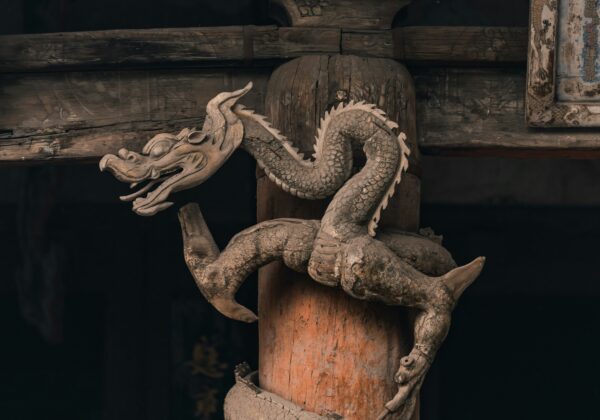The intertwining of music and tattoo culture is a vibrant and dynamic relationship that has evolved over the years. Music, as a powerful form of expression, often shapes the styles, symbols, and meanings behind tattoos. From punk rock to hip-hop, various genres have left their mark on the tattoo world, influencing everything from design trends to the motivations behind getting inked. This article explores the profound influence of music on tattoo culture, highlighting personal stories and iconic examples that illustrate this connection.
Historical Roots of Music and Tattoo Culture
The connection between music and tattoos can be traced back to the early 20th century when musicians began to adopt body art as a form of self-expression. Notably, sailors and soldiers, many of whom were influenced by the music of their time, often got tattoos that symbolized their experiences and affiliations. As music genres developed, so too did the significance of tattoos within those communities.
In the 1960s and 1970s, the rise of rock and punk music saw tattoos becoming a staple of the counterculture. Artists like Janis Joplin and Johnny Cash sported tattoos that resonated with their music and message, paving the way for future generations of musicians to embrace body art.
Punk Rock and Tattoos: A Rebellious Spirit
Punk rock, in particular, has had a significant impact on tattoo culture. The movement’s ethos of rebellion and individuality resonated deeply with the idea of self-expression through tattoos. Musicians like Sid Vicious of the Sex Pistols and Joan Jett embraced body art as a statement against societal norms.
For example, punk guitarist and tattoo artist Chris “Chrispy” Dyer has a collection of tattoos that reflect his love for music and its culture. He explains, “Every tattoo tells a story. For me, my ink represents the music I love and the people I’ve met along the way.” His tattoos include designs inspired by punk bands, showcasing the influence of music on his identity and artistic expression.
Hip-Hop and the Rise of Iconic Tattoo Designs
In the hip-hop scene, tattoos have become emblematic of personal narratives, struggles, and triumphs. Many rappers use their bodies as canvases to showcase their life stories, often incorporating symbols that represent their journeys. Artists like Lil Wayne, Post Malone, and 21 Savage have become known for their extensive body art, with tattoos that range from intricate portraits to bold statements.
A notable example is 21 Savage, who has a tattoo of a dagger on his forehead, symbolizing his experiences growing up in Atlanta. He has said, “My tattoos represent my journey and the struggles I’ve faced. They’re a part of me.” His ink not only reflects his identity as an artist but also resonates with fans who relate to his story.
The Role of Music Festivals in Tattoo Culture
Music festivals have become a hotspot for tattoo enthusiasts, providing a platform for artists to showcase their work and for fans to express their love for music through body art. Festivals like Coachella, Lollapalooza, and Warped Tour often feature tattoo artists offering custom designs, making tattoos an integral part of the festival experience.
One example is the annual Hellfest in France, a heavy metal festival where tattoo culture is celebrated alongside music. Many attendees showcase their ink, and some even get new tattoos at the event. For festival-goers like Sarah, a metal fan, her tattoo of a skull with a guitar represents both her love for music and her commitment to the heavy metal community. She states, “Every tattoo I have is a reminder of the amazing bands I’ve seen and the friends I’ve made along the way.”
Personal Stories of Music-Inspired Tattoos
The influence of music on tattoo culture is not limited to famous musicians; fans often get inked in tribute to their favorite songs, bands, or lyrics. For instance, Anna, a die-hard fan of the band Fleetwood Mac, chose to tattoo the lyrics of “Landslide” on her arm. She explains, “The song has always been a source of comfort for me during tough times. Having the lyrics on my skin feels like a permanent reminder of resilience and growth.”
Similarly, Michael, a hip-hop enthusiast, got a tattoo of the Wu-Tang Clan logo as a tribute to the influential group that shaped his love for music. He shares, “Their music taught me so much about life and perseverance. This tattoo is my way of honoring that influence.”
Conclusion
The influence of music on tattoo culture is a testament to the power of self-expression and identity. From punk rock to hip-hop, various genres have inspired countless individuals to use their bodies as canvases for their beliefs, stories, and passions. Through personal narratives and iconic examples, it becomes clear that tattoos and music share a profound connection, with each enhancing the other in unique ways. As both art forms continue to evolve, the bond between music and tattoos will undoubtedly remain a vital aspect of cultural expression for generations to come.



